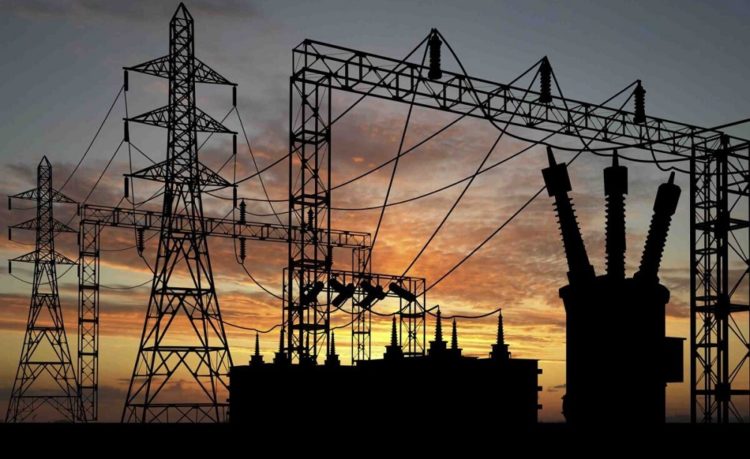…TCN Cuts Power Transmission To AEDC From 400MW To 20MW
The Federal Capital Territory, Niger, Lagos and other parts of the country were on Wednesday thrown into darkness following the system collapse that occured at the national grid.
Advertisement
The grid, according to the Abuja Electricity Distribution Company suffered the collapse at about 12:46pm on Wednesday.
The Company in a message to customers said as a result of the collapse of the national grid, only 2O megawatts of electricity has been allocated to AEDC as against the over 400 megawatts that it had been receiving in recent times.
The notice reads, “Dear Esteemed Customers, following a grid system outage that occurred at about 12:26 pm today, we have been unable to service our customers in Niger, Kogi and Nasarawa State as well as a significant part of the Federal Capital Territory.
“At the moment, only 2OMW has been allocated to AEDC as against the over 400MW that have been receiving in recent times.
Advertisement
“We urge our customers to be patient and promise that the power supply will be restored to our franchise area as soon as there is a significant improvement in our allocation.”
Also, Eko Electricity Distribution Company, in a text message to its customers, said, “Dear customer, the present outage is due to a system collapse on the National Grid. TCN (Transmission Company of Nigeria) assures us that supply will be restored shortly.”
The Head of Kano Electricity Distribution Company, Nura Shawai, said in a statement, “This is to kindly inform the general public of another system collapse based on information available to us.
“This occurred today 28/7/2021 at 12:20 pm, as the national grid was disrupted, resulting in national blackout.
“However, the grid controllers have assured that efforts towards restoring supply are in progress, promising speedy reconnection of Kano and other locations to the grid, as soon as the fault is rectified.”
Advertisement
The grid, which is being managed by government-owned Transmission Company of Nigeria, has continued to suffer system collapse over the years amid a lack of spinning reserve that is meant to forestall such occurrences.



